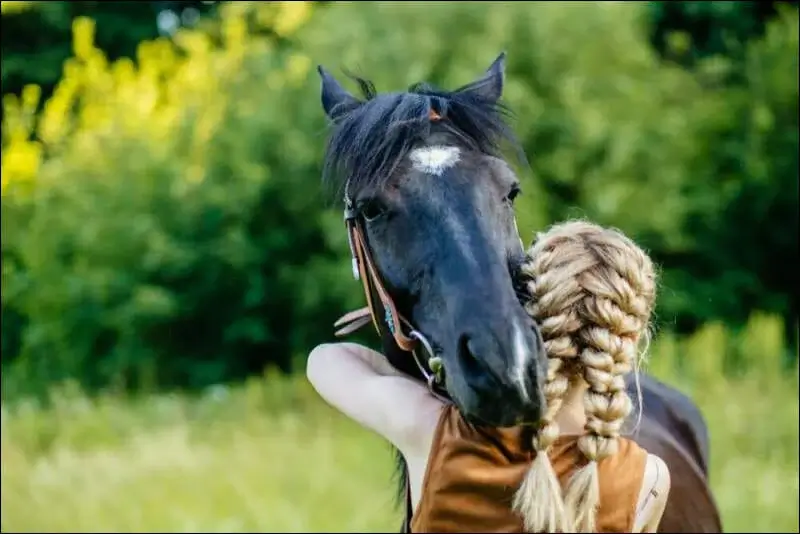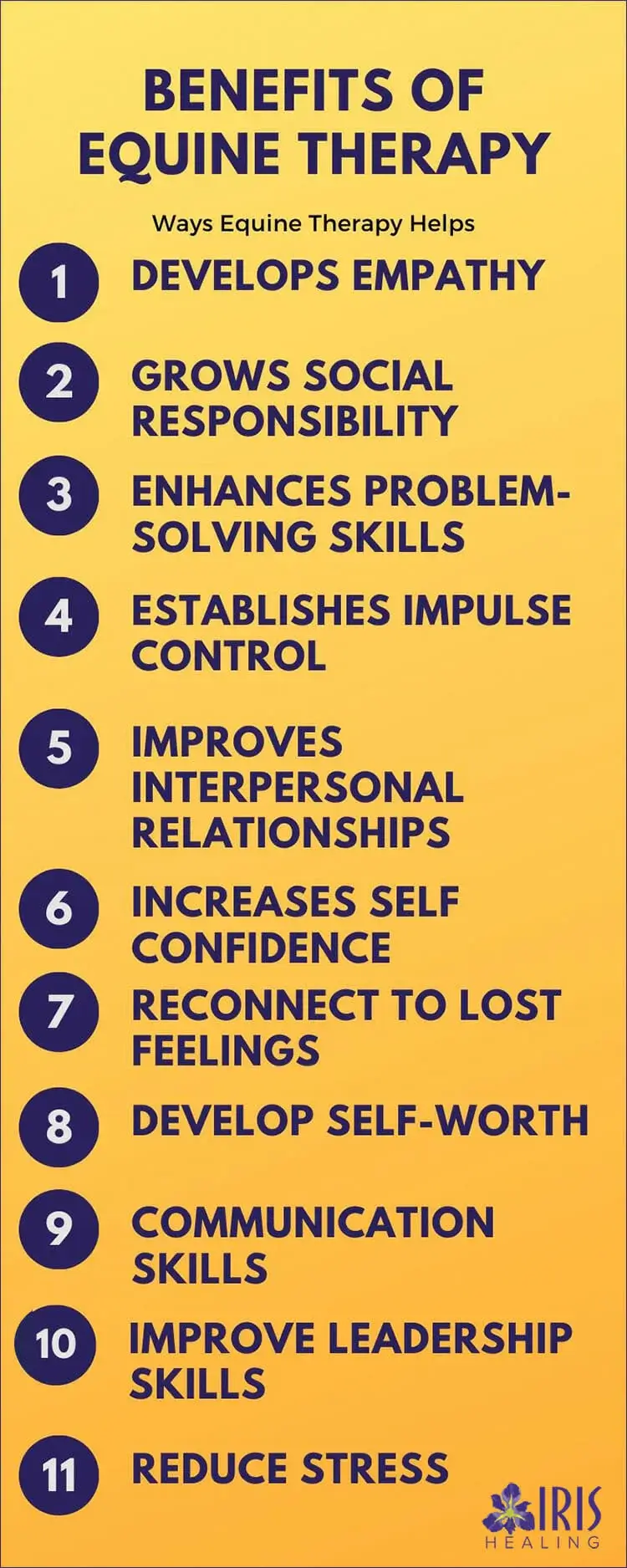Have you heard about Equine Therapy for PTSD and Addiction?
Perhaps you have exhausted yourself in an attempt to recover from your PTSD or addiction and now you are just tired.
Traditional therapy has not helped you (or at least, not as much as you had hoped) and it may feel as though you have reached an uphill battle. However, there are other options.
Alternative therapies have shown to have an enduring impact on recovery and many people have responded well to equine therapy for both PTSD and addiction.
Equine Therapy and Other Alternative Therapies
Traditional therapy for addiction and mental health is valuable, without a doubt, but so are alternative methods to conventional treatments.
Alternative therapies are not necessarily intended to replace a treatment recommended by a doctor or mental health professional, but they can complement conventional therapy (one-on-one or group therapy) for a successful recovery.
Alternative therapy can include many of the following:
- Acupressure
- Acupuncture
- Art therapy
- Yoga therapy
- Equine therapy
- Nutritional therapy
- Hypnosis therapy
- Somatic psychotherapy
- Massage therapy
- Meditation
- Traditional Chinese Medicine
- Western herbal medicine
You may choose to take an alternative route if you do not agree with your provider’s approach, want to wean off psychiatric medication, have tried traditional rehab and it did not work out, or you want additional treatments for your recovery plan.
What is Equine Assisted Therapy?
Equine Assisted Psychotherapy (also known as EAP, Horse Therapy or simply Equine Therapy) is an experiential therapy practice involving the interaction between horses, clients, and an equine therapist (or therapists).
This alternative approach is intended to address your needs and reach your recovery treatment goals.
In a typical session, clients are instructed to groom, lead, and feed the horses. During the interactions, therapists will observe each person’s behavioral patterns, how they process emotions while with the horses, and inquire about their particular thoughts during the session.
With Equine Therapy, therapists hope people will develop accountability, responsibility, confidence, and problem-solving skills.
What Are the Benefits Equine Therapy for PTSD and Addiction?
You can reap plenty of benefits from Equine Assisted Therapy. Because horses tend to be hypervigilant and can mirror temperaments, a horse will need to trust you and vice-versa.
Requiring trust can be great for treating PTSD and addiction. As someone who is dealing with such conditions, you may be able to relate to the horse’s cautious nature.
Together, you can learn to trust one another and build a fruitful relationship. When building a relationship, you will both have an increase in patience, love, respect.
Furthermore, a horse will reveal a lot about you, often things you are unaware of, when they mimic your body language. This can be both a surprising and revealing experience.
Additionally, when you interact with the horses during a therapy session, you may end up feeling frustrated, defeated, or angry. These “negative” emotions can be gateways to discovering the root causes of trauma that may be responsible for your addiction.
Or it can simply supply your therapists with new discussion points for you and to go over with them during a follow-up therapy session.
Horse Therapy commonly promotes the following benefits:
- Developing empathy
- Growing social responsibility
- Enhancing problem-solving skills
- Establishing impulse control
- Improving interpersonal relationships
- Increasing self-confidence
- Reconnecting to lost feelings
- Developing a sense of self-worth
- Bettering communication skills
- Improving leadership skills
- Reducing stress
Connecting with animals can be healing and can help people more readily reach their treatment goals.
For more information about Equine Therapy for PTSD and Addiction, call (844)663-4747.






















